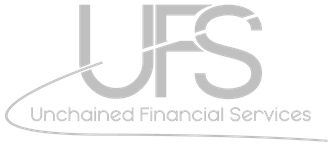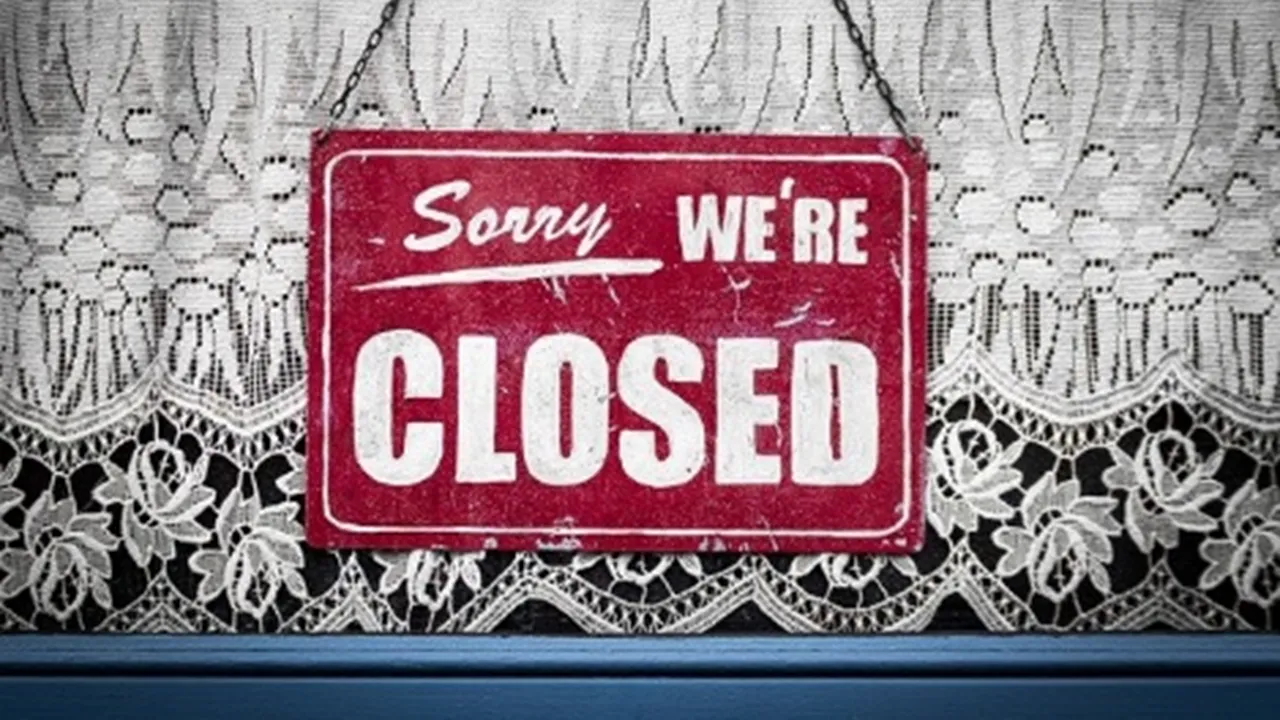The SECURE Act was recently signed into law by President Trump, but even though it will have an impact on small business owners’ retirement, not a lot of people know what the act means for them. The law, for example, makes retirement plans for small business owners less expensive to administer and pushes back the age at which people in retirement plans must take required minimum distributions.
Here are some important things for small business owners to know about the Setting Every Community Up for Retirement Enhancement (SECURE) Act of 2019, which took effect Jan. 1, 2020.
Small businesses have an easier time setting up 401(k) accounts
A 2017 study from Pew Charitable Trusts found that approximately half of small and medium-sized businesses do not offer workers retirement accounts, making it difficult for their employees to save for life after their career.
The SECURE Act allows a combination of small businesses to team up so they can offer retirement plans for their staff. Previously, multi-employer plans (also known as Open Multiple Employer Plans) required companies that joined together to be from the same industry. Under the SECURE Act, any type of small business can join with another for the sake of employee retirement plans.
Additionally, the SECURE Act no longer punishes all companies in a group if one of the companies in that group is not compliant with the regulations.
If you haven’t offered 401(k) accounts because you couldn’t find businesses to join up with for a multi-employer plan, you may have an easier time now.
Part-time employees given access to 401(k) benefits
Employers who offer their full-time employees 401(k) benefits must now also offer them to workers who are part-time and work at least 500 hours a year in three consecutive years or 1,000 hours a year in one year.
In other words, if you offer 401(k) benefits to your full-time employees, you’ll need to look at your part-time employees to determine who is now eligible for such benefits.
Tax credit for startup costs increases
Another benefit to small businesses is that the tax credit offered for costs incurred in setting up a retirement plan has increased. Previously, businesses could receive $500 a year, but the SECURE Act increases that credit to a maximum amount of $5,000 for the three years after Dec. 31, 2019, with an additional credit of up to $500 for three years if plans include auto-enrollment. This benefit is available to small businesses with up to 100 employees and includes SEP, SIMPLE, 401(k) and profit-sharing plans.
Required Minimum Distributions start at 72 Before the SECURE Act the age at which you needed to start pulling money from traditional retirement accounts was 70.5. The SECURE Act pushes this back to age 72. If you don’t need to access the money, the extension means you have a bit longer to allow the money to sit in the account before pulling it and paying taxes on it.
There is now no longer a maximum age for making a traditional IRA contribution.
Final thoughts In addition to the above changes, the SECURE Act also raises the maximum for auto enrollement contributions in employer-sponsored retirement plans to 15%, from the previous limit of 10%.
For small businesses that do not currently offer retirement benefits, the SECURE Act may convince them to change their mind.
Got a question? Please don’t hesitate to get in touch.





